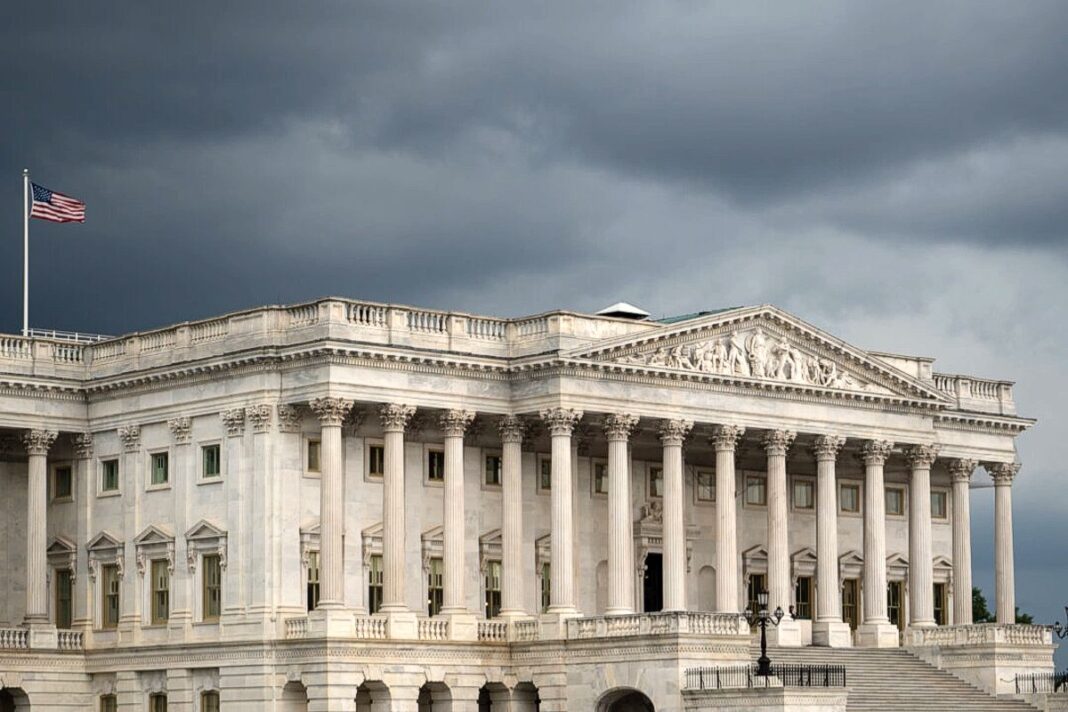The $831.5 billion measure passed the House in July.
The Senate blocked a bill on Oct. 16 to fund the War Department (formally known as the Defense Department) for the 2026 fiscal year amid the government shutdown.
The tally was 50–44. The bill failed to clear the 60-vote filibuster threshold to advance legislation.
The House of Representatives passed the bill in July.
The $831.5 billion measure includes a 3.8 percent pay raise for members of the military, $1.5 billion to improve military readiness, $500 million for the Taiwan Security Cooperation Initiative, and $500 million for missile defense programs in Israel.
Ahead of the vote, Sen. Raphael Warnock (D-Ga.) told reporters that he would not vote for it, accusing Senate Majority Leader John Thune (R-S.D.) of “playing games.”
Sen. Elizabeth Warren (D-Mass.) said she would not vote for it because of the government shutdown.
On the other hand, Sen. Jeanne Shaheen (D-N.H.) told reporters that she would vote for it.
Sen. John Boozman (R-Ark.) told The Epoch Times that he has “no idea” what Democrats are thinking.
“Seems to me like it’s just pure politics,” he said.
The bill also includes $1.15 billion for programs to combat drug trafficking.
This comes as the United States has conducted military strikes on drug trafficking boats in the Caribbean.
Appearing on “Fox & Friends” on Sept. 3, War Secretary Pete Hegseth said: “We’ve got assets in the air, assets in the water, assets on ships, because this is a deadly serious mission for us. It won’t stop with just this strike. Anyone else trafficking in those waters who we know is a designated narco-terrorist will face the same fate.
“It’s important for the American people to protect our homeland and protect our hemisphere.”
Congressional Democrats and some Republicans have questioned the reasoning and legality of the strikes.
The failed vote comes on the heels of the 10th time a bill to fund the government at current spending levels has been blocked, mainly because of Democrats’ opposition.
Democrats want an extension of subsidies under the Affordable Care Act. Republicans including House Speaker Mike Johnson (R-La.) have said the issue is not urgent and should be negotiated after the government reopens, as the subsidies will not expire until the end of the year.
By Jackson Richman and Nathan Worcester








